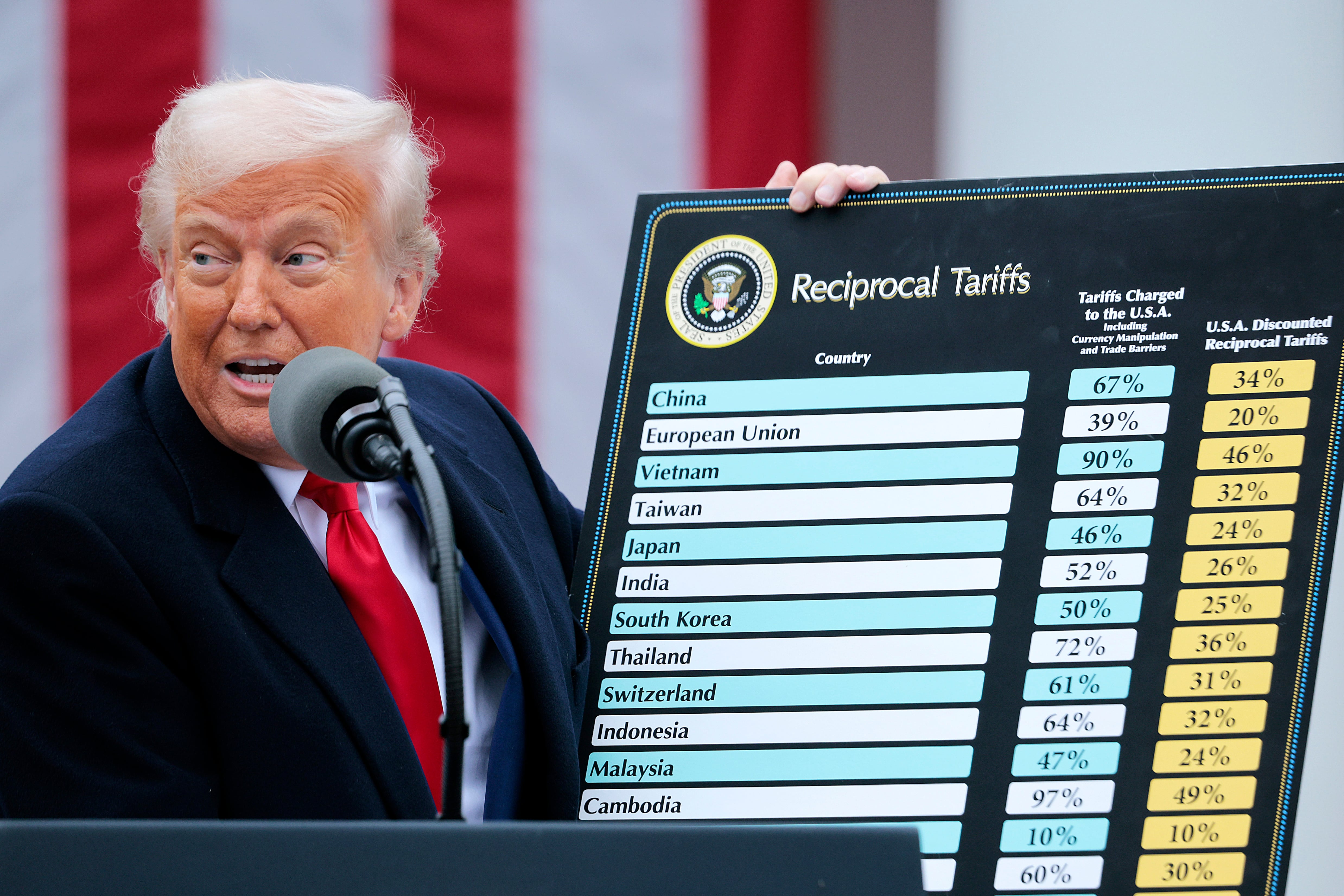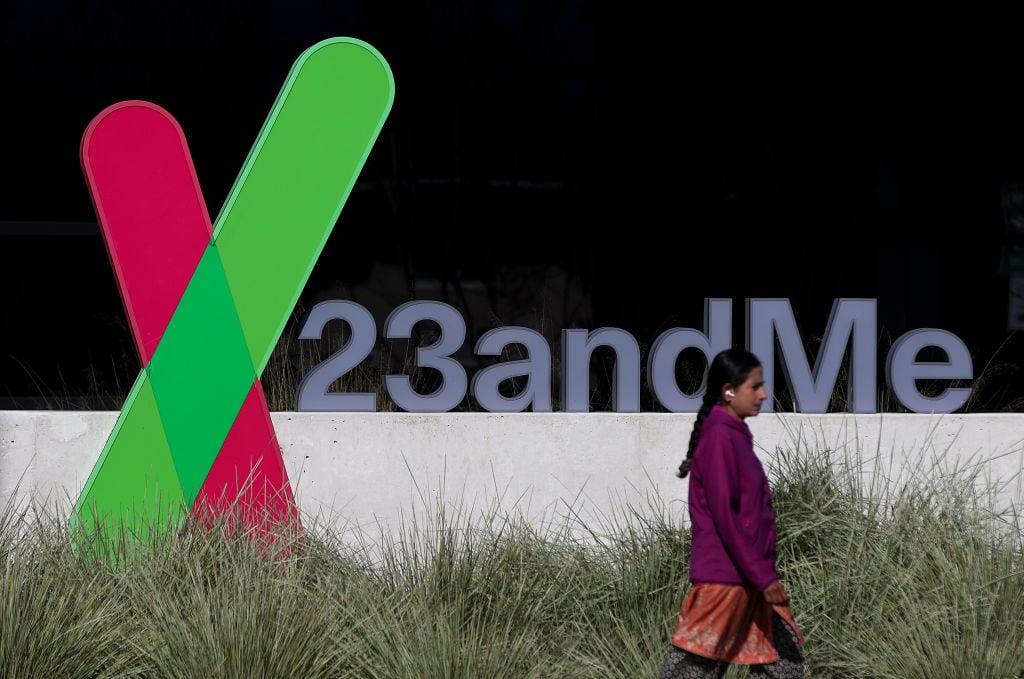By Matt Ott
Applications for U.S. unemployment benefits rose last week but remain near historically low levels, reflecting relatively few layoffs across the economy.
Jobless claims rose by 23,000 to 248,000 for the week ending Feb. 12, the Labor Department reported Thursday. Claims were revised upward to 225,000 the previous week.
Yet the four-week average for claims, which compensates for weekly volatility, fell by 10,500 to 243,250. It was the second straight week of declines after rising for five straight weeks as the omicron variant of the coronavirus spread, disrupting business in many parts of the U.S.
In total, fewer than 1.6 million Americans were collecting jobless aid the week that ended Feb. 5, a decrease of about 26,000 from the previous week.
First-time applications for jobless aid generally track the pace of layoffs, which are back down to fairly healthy pre-pandemic levels.
Earlier this month, the Labor Department reported a surprising burst of hiring in January, with employers adding 467,000 jobs. It also revised upward its estimate for job gains in November and December by a combined 709,000. The unemployment rate edged up to a still-low 4% from 3.9%, as more people began looking for work, but not all of them securing jobs right away.
Even as omicron variant spread quickly earlier this winter, employers have been eager to hire. That winter spike in infections briefly tripped up the country’s strong recovery from 2020′s virus-caused recession, but employers appear confident in long-term growth.
Massive government spending and the vaccine rollout jumpstarted the economy as employers added a record 6.4 million jobs last year. The U.S. economy expanded 5.7% in 2021, growing last year at the fastest annual pace since a 7.2% surge in 1984, also coming after a recession.
An overheated U.S. economy has spawned inflation not seen in four decades, leading the Federal Reserve to ease its monetary support for the economy. The Fed has signaled that it would begin a series of interest-rate hikes in March, reversing pandemic-era policies that have fueled hiring and growth, but also stubborn inflation.












